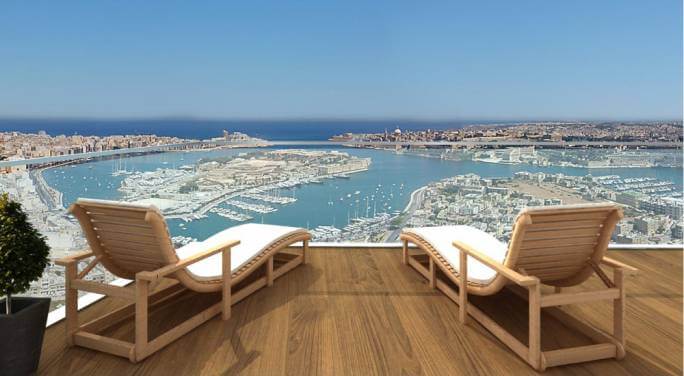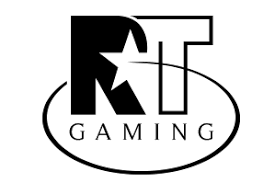European short-stay rental (STR) rules will increase transparency in the short-term private rental accommodation sector by allowing governments to collect accurate data from online intermediary platforms such as AirBnB.
As Malta and the EU as a whole continue to grow in popularity, alternative private short-term letting is becoming an increasingly important option for both landlords and tourists, bringing significant benefits to both.
The new model brings some new challenges for accommodation operators and local communities.The increase in short-term rentals helps increase demand for real estate development, which has an impact on housing prices and the environment.
Under the latest regulations issued by the European Commission, public authorities will have access to data on short-term accommodation rentals, average rental length and number of guests.Using this information, they will be able to develop better, more effective policies.
The STR regulations make a recommendation to improve or update existing local registration systems to generate a unique registration number for each property.In order to achieve this goal, these registration information need to be displayed and verified on the online platform.
EU advocacy groups Business Malta, the Malta Chamber of Commerce and the Malta Association of Hotels and Restaurants welcomed the proposal, as this type of economic activity is often unregulated or lacks adequate regulation, which not only harms legitimate businesses but also increases the regulatory burden.
Alison Mizzi, MBB President, said clear and simple short-term rental registration and compliance rules are vital to creating a level playing field across Europe, where everyone will benefit.
Visitors can continue to enjoy the convenience of a variety of accommodation options.On a level playing field, traditional accommodation providers will be more competitive.At the same time, public authorities will also receive stronger legal support in accessing data.In this way, we can move towards the goal of a more sustainable tourism ecosystem.
MHRA chief executive Tony Zahra said hotels and other accommodation providers must adhere to strict regulations to ensure the safety and well-being of guests are ensured.These provisions are required by law and failure to comply with them may result in legal sanctions.The MHRA has been outspoken over the years about unlicensed or non-compliant accommodation owners.Not only do they fail to comply with these regulations, they also refuse to pay VAT, income tax and eco-tax.These taxes are an important source of government revenue, and if these property owners do not pay these taxes, the government may face huge financial losses.If accommodation is not up to standard it may affect the quality of Maltese products and thus the reputation of the tourism industry.The MHRA is therefore calling on all accommodation owners to comply and pay the tax due.Only in this way can we ensure the healthy development of the accommodation industry and bring more tourists and income to Malta.
Deloitte's report on Malta's tourism capacity states that if all available and requested beds were approved today, the island would need to attract 470 million visitors, with an average of seven nights per visitor, to achieve this 7% occupancy rate throughout the year.
"If there are unlicensed and unregulated tourists, then the number of tourists required will increase proportionately," Zahra said. The government's responsibility is to ensure that all accommodation providers comply with existing laws and regulations and to take immediate steps to ensure All accommodation providers are on a level playing field.









